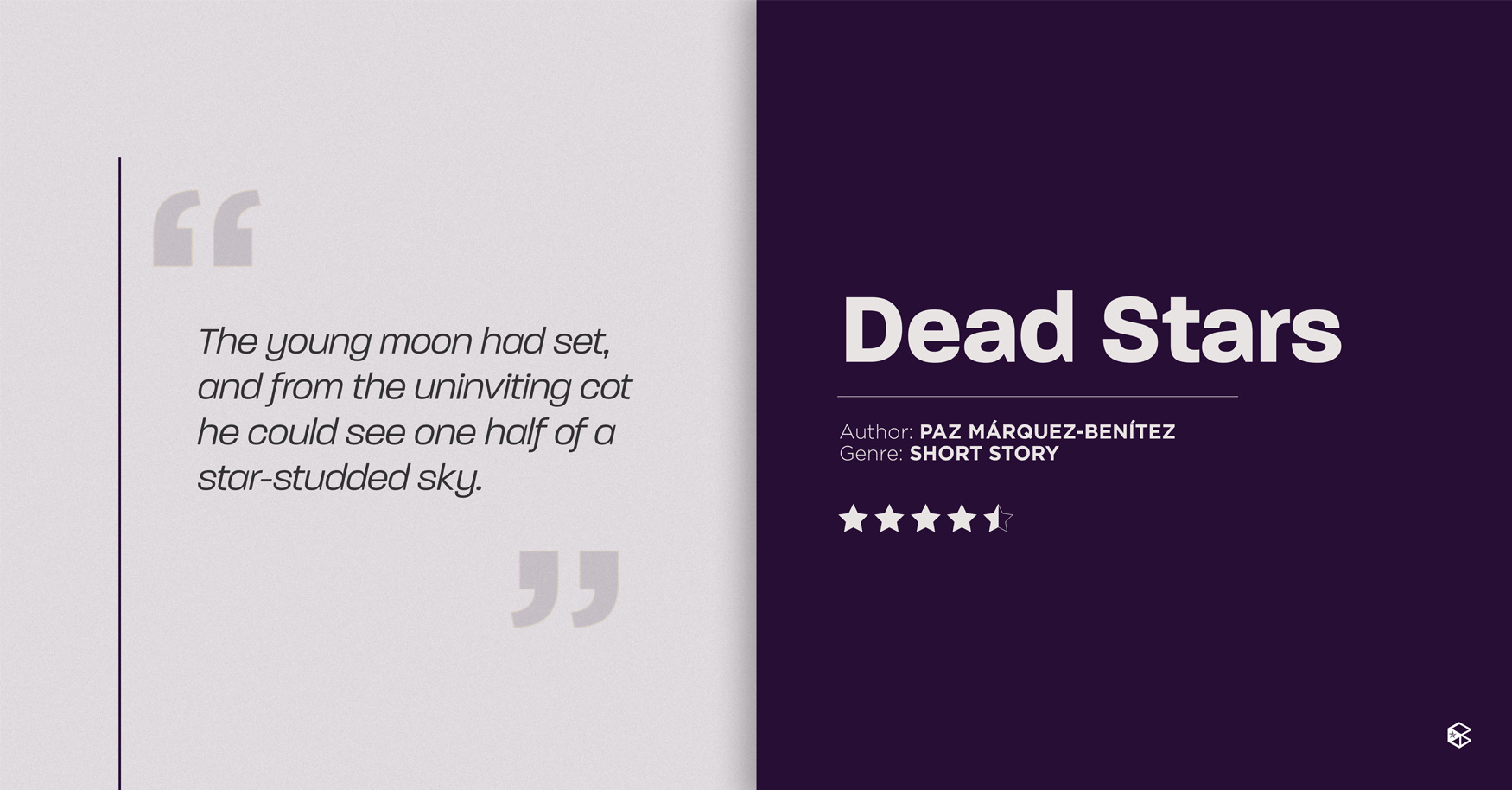What does it mean to be in love? Is it that swirl of emotion every time you see someone special? Or that state of wholeness you feel when you are with them? For Paz Márquez-Benítez, a writer and educator regarded as a pioneer of Philippine literature, love is something entirely more complex.
Written by Márquez-Benítez, Dead Stars, published in 1925, gave birth to modern Philippine writing in English and is her most famous published work. Márquez-Benítez’s writing, contributions to education, as well as her lectures, are believed to have inspired many Filipino writers.
Some say that the two saddest words in the English language are the painstaking combination of “What if?” A chance to take back regret—to make different choices. Alfredo Salazar, our protagonist, a lawyer and a romantic at heart, knows this better than anyone. He fell in love when he was young to Esperanza, a woman of class and principles. They had been engaged for three years by the beginning of the story and seemed in no rush to get married. Alfredo is torn though, looking over to his neighbor’s home, he continues thinking about a name he had not even known a few weeks ago. Julia Salas, his neighbor—and the girl who has captured his heart.
Set in a Philippines still recovering from the Spanish regime, Dead Stars establishes a world where the rise of American Imperialism and the views on marriage, race, and fidelity in the early 1900s are brought to light. To this day, it remains one of the best-written short stories to come from the country.
Love in storylines
An incredible aspect of the story, other than Márquez-Benítez’s outstanding vocabulary, is the representation of women. Though the story is told from the perspective of a man, Márquez-Benítez does not paint women as simply “not men or lesser than men” but something that men cannot be, but as people with different ideas, goals, and visions of what they want from life.
She tells a love story between a strong and intelligent woman who simply wants to live her best life and a daydreaming romantic afraid of his normal life. The dialogue between Julia and Alfredo is both as fast-paced and witty as it is heartbreaking at times.
“Home seems so far from here. This is almost like another life.”
“I know. This is Elsewhere, and yet strange enough, I cannot get rid of the old things.”
“Old things?”
“Oh, old things, mistakes, encumbrances, old baggage.”
Márquez-Benítez presents a romantic bond that feels mutual yet almost ambiguous at times. It is made clear they can keep up with each other intellectually, but seem to be emotionally mismatched. Alfredo is looking for an escape from the mundane in his life. But to Julia, he was someone whom she enjoyed being around. She is shown to be indifferent to his flirtiness but still seems to enjoy the dance they do with words. Eventually, this fantasy they built for themselves shatters; and Alfredo reflects on his life once more. His escape is gone and he is forced to face reality. This moment shows us how getting lost in your daydreams will usually lead to real life keeping you in check.
Many years later when pondering about Julia, he asks himself if he had been clinging to a dream, been seeing the light of Dead Stars, long extinguished, yet seemingly still in their appointed places in the heavens.
Márquez-Benítez touches on why we hold on to that ounce of “What if,” Alfredo represents that as people, we are nowhere close to perfect. We doubt ourselves, make mistakes, and always fear that we took a wrong turn in life.
But like Alfredo, that’s just being human.
Revisiting a past love is like re-reading your favorite book and expecting a different ending. But maybe the second time you read it, smaller details come to light, ones that were not as obvious the first time around, and maybe that changes how you perceive the story. Dead Stars shows us that even though stories end, writing them is never a mistake.
You can read it for yourself here.


